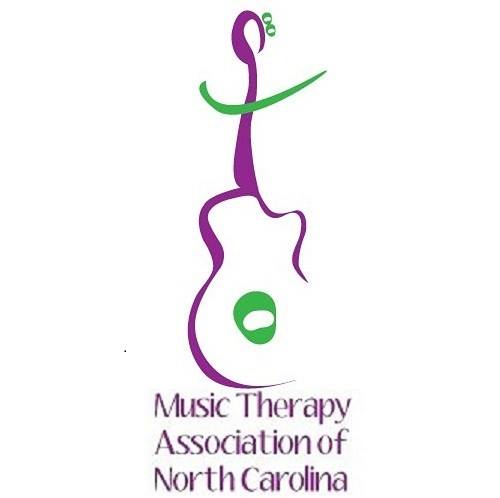J. Iverson Riddle Developmental Center
Morganton, NC
Last Updated: January 2023
About the Site
Clients
Setting(s): State residential facility (ICF/ID)
Population(s): Alzheimer's/Dementia,Autism Spectrum Disorders,Behavioral Disorder,Developmentally Disabled,Dual Diagnosed,Elderly Persons
Age Range: Teens,Young Adults,Adults,Mature Adults, Seniors
Population(s): Alzheimer's/Dementia,Autism Spectrum Disorders,Behavioral Disorder,Developmentally Disabled,Dual Diagnosed,Elderly Persons
Age Range: Teens,Young Adults,Adults,Mature Adults, Seniors
Facility
The J. Iverson Riddle Developmental Center (JIRDC) is a residential ICF/MR facility located in the foothills of North Carolina. JIRDC primarily serves adults and older adults with developmental and intellectual disabilities who have a wide range of abilities and needs. Specific resident needs include moderate to profound intellectual disabilities, dual diagnosis (MI/ID), physical disabilities, autism spectrum disorders, and communication limitations. Many residents maintain a higher level of independence through the use of switches, communication boards, and other adaptive equipment. The staff who serve at JIRDC represent many different professions, including: music therapy, art therapy, occupational therapy, physical therapy, speech/language therapy, psychology, social work, special education, recreation therapy, equestrian therapy, spiritual care, and medical and dental services. JIRDC also offers clinical training in physical therapy, occupational therapy, recreation therapy, speech and language pathology, nursing, and psychology.
Training
The music therapy clinical training program at JIRDC is a 6-month, full-time experience. Other arrangements may be possible if sufficient notice is given. Each intern will have the opportunity to work directly with a board-certified music therapist, as well as staff in the Creative Therapy department and in other professions. Throughout the first month of the internship, the intern will be given a general orientation of the facility. During this time, the intern will have opportunities to observe the music therapists and other professionals, while also becoming familiar with many of the residents. Additional on-site training programs will be provided in interventions for the safety of residents and staff as well as CPR/AED training. Following orientation, the intern will begin assisting and co-leading groups, and eventually will lead her/his own groups and individual sessions. The intern will have goals to meet at regular intervals as the internship progresses, according to the AMTA competencies for entry-level practice. In addition, the completion of three major projects including a case study, collaboration project, and special project, as well as weekly reflections and other reading assignments. Repertoire will be developed through weekly music skills building classes with music therapists and current interns. Additional educational opportunities may be available to the intern through on- and off-campus in-services and conferences.
Essentials
STarting Months
January, April, July, October
Housing
FREE for students whose permanent residence is greater than 40 miles from the facility.
Meals
N/A
Stipend
N/A
Contact Information
Angela Eck, MT-BC
Home |
Membership |
|
